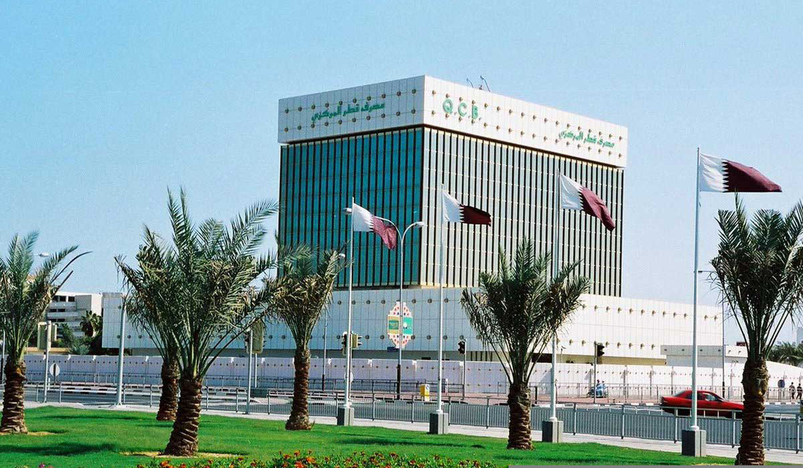
QCB
Qatar Central Bank (QCB) has introduced some amendments to the real estate financing (mortgage) regulations, to include determining the maximum-loan-to-value (LTV) and tenure- for mortgages within Qatar, which will be applied to Qatari banks and subsidiaries within the country.
Branches and subsidiaries of Qatari banks outside Qatar should comply with the instructions and conditions of the host regulatory authorities as long as the collaterals and financed properties are outside the country.
These amendments come within the framework of the QCB's continuous endeavor to develop instructions related to real estate financing controls in line with the requirements of the current stage in the development of the sector, without prejudice to the necessary precaution for real estate risks.
According to the new amendments, the ceilings for granting real estate financing are divided into 3 categories.
The first category is the financing of ready and under construction residential properties for individuals, whose repayment sources are linked to the client's own sources, salary or any other non-real estate sources.
For Qataris purchasing proprieties of up to QR6 million maximum LTV is 80 percent and the maximum tenure is 30 years for properties above QR6 million, maximum LTV is 75 percent and maximum tenure is 30 years, QCB said.
For residents, if the value of the collateral property is up to QR6 million, the maximum LTV is 75percent and the maximum tenure is 25 years.
In the event that the property value is more than QR6 million, the maximum LTV is 70 percent , with a maximum tenure of 25 years.
The second category is financing ready properties for individuals and companies for investment and commercial purposes, with the repayment depending mainly on real estate revenues.
For Qataris citizens and companies, which Qatari partners own not less than 51 percent, if the value of the property is up to QR10 million, then the maximum LTV 75 percent with a maximum tenure of 25 years, and if the value exceeds QR10 million, then the maximum LTV is 70 percent with a maximum tenure of 25 years.
For residents, (individuals or companies), if the value of the property is up to QR10 million, then the maximum LTV 70 percent with a maximum tenure of 25 years, and if the value exceeds QR 10 million, then the maximum LTV is 65 percent with a maximum tenure of 25 years.
As for non-residents, if the value of the property is up to QR10 million, then the maximum LTV 60 percent with a maximum tenure of 20 years, and if the value exceeds QAR 10 million, then the maximum LTV is 60 percent with a maximum tenure of 15 years.
The third category is financing real estate under construction for investment and commercial purposes with the repayment depending on the property revenues in whole or in part.
For Qatari citizens and companies, which Qatari partners own not less than 51 percent, the maximum LTV 60 percent with a maximum tenure of 20 years, and for foreigners (residents and non-resident), then the maximum LTV is 50 percent with a maximum tenure of 15 years.
QCB also set rules for granting mortgages for salary customers, as the debt burden ratio should not exceed 75 percent of the total salary for Qataris, and 50 percent for expatriates.
QCB noted that in the event that the customer obtains permanent residence in Qatar as a result of owning the property, the mortgage providers can extend the tenure to be similar to that of residents. The amendments also stipulated that in the case of under-construction property financing, the grace period, if granted, should not exceed 3 years and be within the overall tenure, with regular interest payments during this period on a monthly or quarterly basis.
.jpg)
Qatar Secures Place Among the World's Top 10 Wealthiest Nations
.jpg)
Hamad International Airport Witnesses Record Increase in Passenger Traffic

Saudi Arabia: Any visa holder can now perform Umrah

What are Qatar's Labour Laws on Annual Leave?
Leave a comment